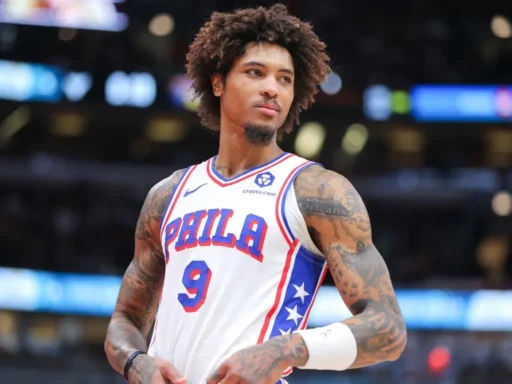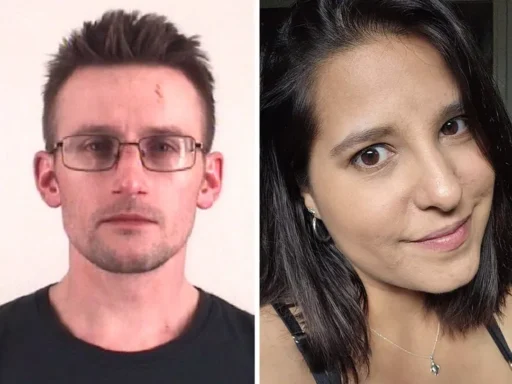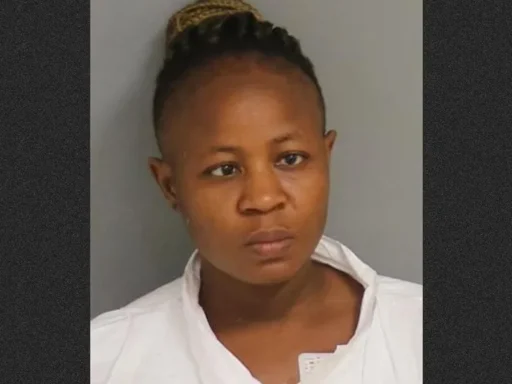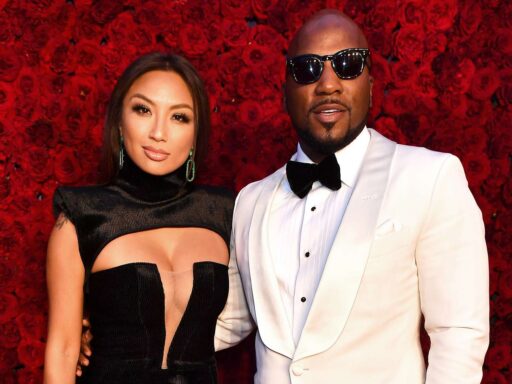
According to a new report, just a few people knew of Chadwick Boseman’s battle with colon cancer prior to his passing.
Not even the heads at Disney and Marvel were aware of Chadwick’s condition.
On Aug 28, Marvel chief creative officer Kevin Feige received an urgent email regarding Chadwick Boseman, with no further information. By the time Kevin read the message an hour later, Chadwick had already passed.
A source close to Chadwick tells THR that he was convinced about a week before his death that he was going to beat cancer and gain weight back for the ‘Black Panther’ sequel slated to start production in March.
Filming was to begin in September.
via THR:
Now, the studio is processing the grief of losing a loved one — an actor beloved and respected on- and offscreen — while having to face the economic realities of forging ahead with a billion-dollar franchise without its titular star. Furthermore, his death will ripple across the Marvel film universe, given that the Black Panther character was poised to appear in other interconnected films, as Boseman already had done in 2016’s Captain America: Civil War, 2018’s Avengers: Infinity War and last year’s all-time top box office grosser, Avengers: Endgame.
Disney sources say the company is processing its grief and that its focus at this stage is to pay tribute to Boseman and not on the making of a Black Panther sequel. Only a handful of non-family members knew that Boseman was sick, including producing partner Logan Coles, longtime agent Michael Greene, trainer Addison Henderson and 42 director Brian Helgeland — with varying degrees of knowledge about the severity of the actor’s condition. No one involved with Black Panther was aware, says a source. It was Boseman’s wish to keep his cancer battle private.
Many are left wondering how Boseman kept his diagnosis under wraps while shooting a film with a colossal budget like the $200 million Black Panther in 2017 (the film opened the following year and went on to earn $1.35 billion worldwide and was nominated for a best picture Oscar). But film finance attorney Schuyler Moore says a Marvel star wouldn’t likely require a medical examination for insurance purposes.
“Big studios don’t often [get] completion bonds,” says Moore. “They are more prevalent in the indie filmmaking world. Sometimes, the big studios will look to insure for a particular actor, but they usually have a particular reason for doing so. Otherwise, studios will just shoulder the risk [of sickness or death].”
In recent years, studios have contended with the sudden deaths of franchise stars including Disney in 2016 with Star Wars’ Carrie Fisher at age 60, Universal in 2013 with Fast & Furious’ Paul Walker at 40, and Warner Bros. in 2008 with The Dark Knight’s Heath Ledger at 28. In each case, the studios found ways to move ahead with all-important franchises while also honoring beloved or fan-favorite actors.
In Fisher’s case, Disney’s Lucasfilm initially said it would carry on without Princess Leia — one of the most popular characters in modern film history — for 2019’s The Rise of Skywalker. It later changed course, putting Fisher back into the story, with director J.J. Abrams incorporating a combination of unused footage from 2015’s The Force Awakens and 2017’s The Last Jedi and CG effects to create Fisher’s scenes in Skywalker. “We assembled this enormous matrix of everything that she ever said, and [co-writer] Chris Terrio essentially went through the footage and wrote her scenes based around the lines that were available,” VFX supervisor Roger Guyett of Industrial Light & Magic told THR in January.
Likewise, Universal had issues of its own when star Walker died in a car crash while on a break from filming the seventh installment of Fast & Furious. After pressing pause on production, the studio and director James Wan came up with a plan that would salvage the movie but retire the character and give him an appropriate sendoff. The production used Walker’s two brothers as stand-ins for scenes and scans of their bodies were used for others, with Walker’s face coming from outtakes or even other movies.
With Christopher Nolan’s Dark Knight trilogy, Warners launched a robust awards-season campaign for Ledger, who won a posthumous supporting actor Oscar.
Still, the challenges Disney faces are, in some ways, unprecedented given that Boseman is Black Panther’s eponymous star. The closest approximation would be The Crow’s Brandon Lee, killed in an on-set accident only a few days away from completing the film in 1993 (the film’s script was tweaked, and Crow was finished with the help of early CGI technology and stunt doubles).
Most observers agree that Disney has several options. One is to replace Boseman, which could generate a fan outcry and prompt inevitable comparisons between actors. Even with a scheduled release date of 2022, already iffy due to the coronavirus pandemic, few actors may be willing to take on that challenge. The second option, which may be more tenable, is to make T’Challa’s sister, Shuri (Letitia Wright) the new Black Panther. That scenario also aligns with events portrayed in one of the comic book series on which the film is based.
Whatever direction Disney takes, the loss of Boseman to the franchise is immeasurable. As Coogler wrote in his remembrance of the star: “I spent the last year preparing, imagining and writing words for him to say, that we weren’t destined to see. It leaves me broken knowing that I won’t be able to watch another close-up of him in the monitor again or walk up to him and ask for another take.”
Such a tremendous loss.





